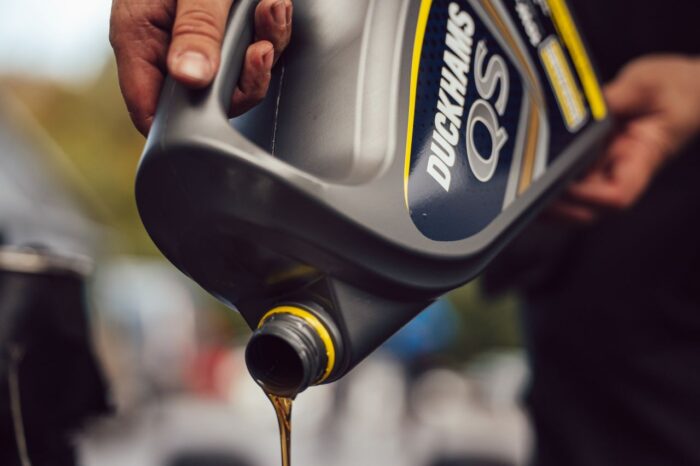ROBOT CLEANERS HELP KEEP THE TRAINS ON TRACK

Scientists from the National Robotarium, supported by Heriot-Watt University and the University of Edinburgh, have unveiled the design of a new train cleaning robot to help existing cleaners.
The robot, which is being funded by rail research body RSSB, has been designed to increase cleanliness standards on trains nationwide. It will complement humans by cleaning in the hard-to-reach places between and under the seats.
The National Robotarium has spent the last two years working on the most appropriate design and operating system for the robot.
The robotics and AI research facility is part of the Data-Driven Innovation initiative and is supported by £21 million from the UK Government and £1.4 million from the Scottish Government.
Yhe money has come via the £1.3 billion Edinburgh and South East Scotland City Region Deal, a 15-year investment programme jointly funded by both governments and regional partners.
Cleaning train carriages is an essential element of routine maintenance and has been under increasing scrutiny since the pandemic began to maintain public confidence in rail travel.
Reserch into passenger attitudes has consistently shown that travellers want a higher standard of cleanliness on their railways.
In a 2020 survey of over 50,000 UK rail passengers, a quarter said they were dissatisfied with the levels of cleanliness inside trains.
Dr Mustafa Suphi Erden from the National Robotarium is leading the project.
He explains: “Our research uses robotics and AI to help people to solve a wide range of challenges.
“With the daily pressure on rail services, it’s essential that trains are cleaned as fast and as efficiently as possible.
“However, at present, this process is done entirely by hand requiring a significant amount of time for the cleaning personnel to collect each waste item one-by-one from under and in-between the seats.
“Reaching underneath seats repeatedly over a long shift can lead to health problems.
“Also, cleaning staff regularly encounter hazardous and biological waste which poses a significant risk.
“We’ve worked closely with rail operators to design a robot that can complement existing cleaning regimes.
“It can aid human cleaners to deliver an ongoing service and free them up to focus on other hygiene tasks including disinfecting tables, cleaning the seats and removing dirt, fluid and food waste.
“As well as being important for health, cleaning can also prevent train delays with discarded newspapers identified as a reason why train doors can fail to close.”








